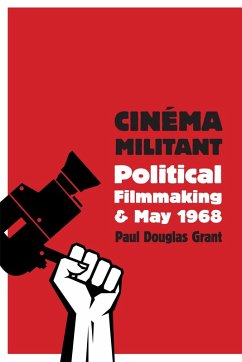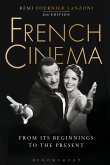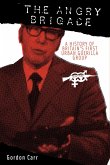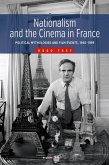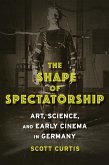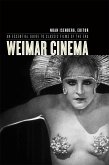This history covers the filmmaking tradition often referred to as cinéma militant, which emerged in France during the events of May 1968 and flourished for a decade. While some films produced were created by established filmmakers, including Chris Marker, Jean-Luc Godard, and William Klein, others were helmed by left-wing filmmakers working in the extreme margins of French cinema. This latter group gave voice to underrepresented populations, such as undocumented immigrants (sans papiers), entry-level factory workers (ouvriers spécialisés), highly intellectual Marxist-Leninist collectives, and militant special interest groups. While this book spans the broad history of this uncharted tradition, it particularly focuses on these lesser-known figures and works and the films of Cinélutte, Les groupes medvedkine, Atelier de recherche cinématographique, Cinéthique, and the influential Marxist filmmaker Jean-Pierre Thorn. Each represent a certain tendency of this movement in French film history, offering an invaluable account of a tradition that also sought to share untold histories.
Dieser Download kann aus rechtlichen Gründen nur mit Rechnungsadresse in A, D ausgeliefert werden.

